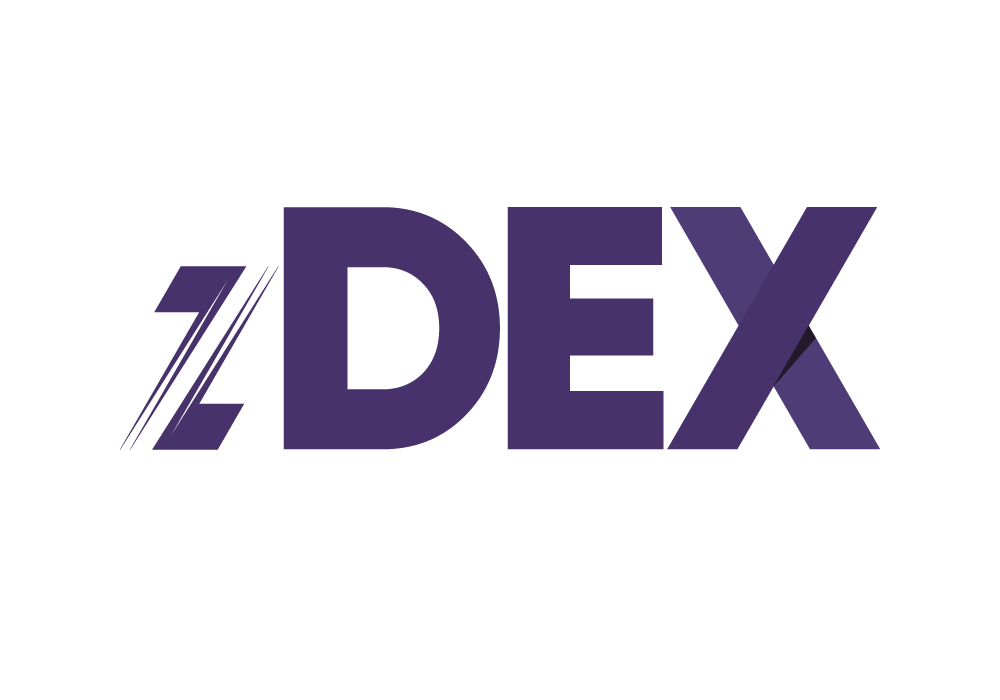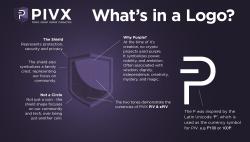Special thanks to PIVian Veramis for preparing this official response.
According to reports, the ban comes into effect on June 18th, and will result in some cryptocurrencies including Monero, Zcash, Dash, and Augur being delisted on Japanese exchanges.
Regulations like these may reduce the use of cryptocurrencies for money laundering, but criminals will be largely unaffected as there are already well-established money laundering methods. A UNODC report found that “Globally, it appears that much less than 1% (probably around 0.2%) of the proceeds of crime laundered via the financial system are seized and frozen.”
On the other hand, if law-abiding citizens had access to privacy-focused cryptocurrencies, they would be able to benefit from their many legitimate and important use cases.
Why is Privacy Important?
Most cryptocurrencies have transparent public ledgers. They may not require identifying information to use, but they store all transactions, wallet addresses, and balances publicly on the blockchain. Every transaction is an auditable trail, and one transaction linked to its owner makes it possible for his other transactions and balances to be linked to him through transaction graph analysis. Companies like Chainalysis have even developed analysis tools to deanonymize users, associate wallet addresses to IP addresses, and ascertain goods and services bought on a large scale.
Such transparent public ledgers can cause many problems. To list a few:
- The wealthy being targeted for theft
- Leaking sensitive purchases
- Leaking proprietary business information
- Giving companies insight into your purchase history, wealth, income, etc.
- Making you complicit in a crime by receiving blacklisted coins
Cryptocurrencies with truly untraceable transactions like PIVX can avoid all of the above issues, and it is unfortunate that financial regulators are using spurious arguments to justify banning cryptocurrencies that not only protect privacy, but also protect the security and personal safety of its users.
zDEX to Make PIVX the Privacy Coin of Choice for Countries Hit By Regulations
With PIVX’s upcoming zDEX, users will be able to directly trade between zPIV and BTC anonymously, trustlessly, and without intermediaries. Someone who wishes to obfuscate the link between a BTC wallet address and his identity can do so by trading for zPIV, minting it back into zPIV and then trade it back into BTC. As more cryptocurrencies are added to zDEX, they will also be afforded the same benefit.
Regardless of what privacy coins regulations may come to pass, existing and upcoming anonymous and decentralized cryptocurrency exchanges will ensure the survival and success of cryptocurrencies with privacy-protecting features.

Resource: https://www.investopedia.com/news/japans-fsa-bans-private-cryptocurrencies/






